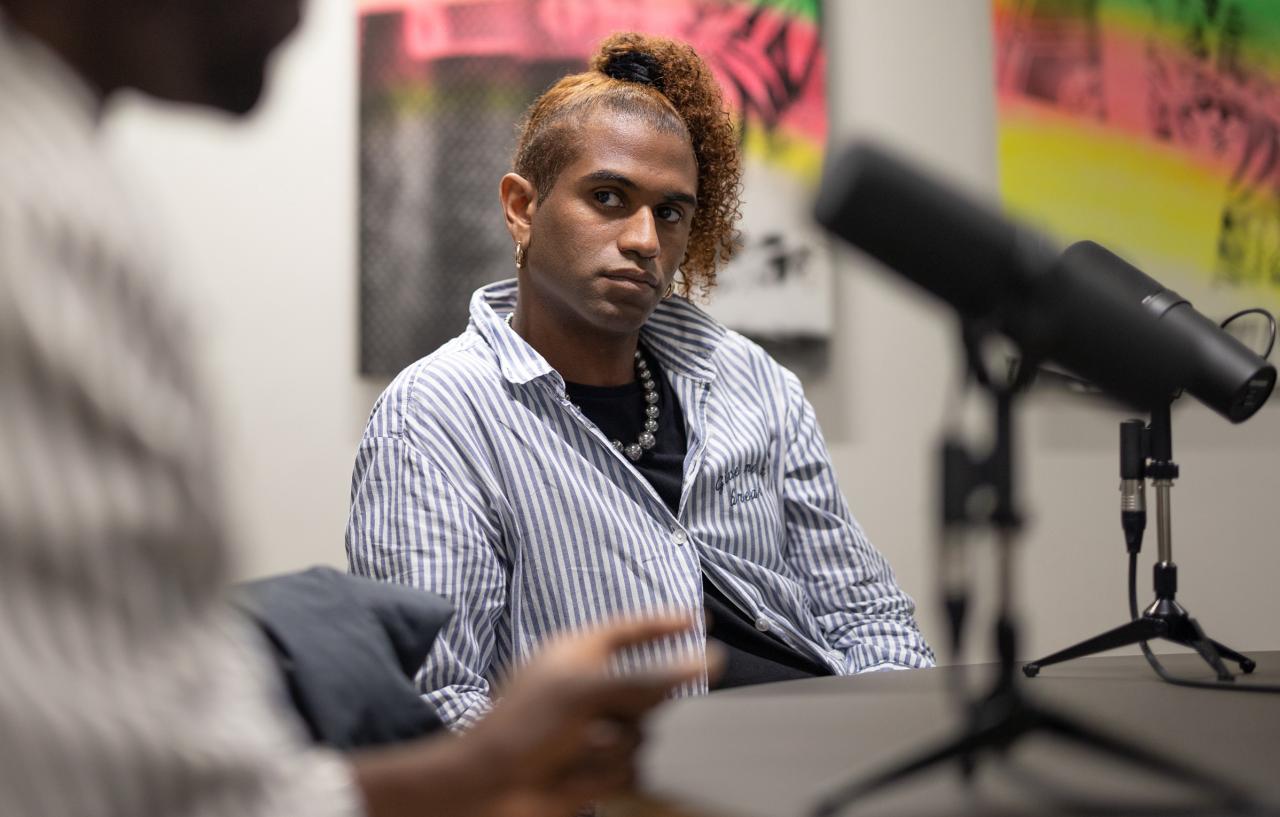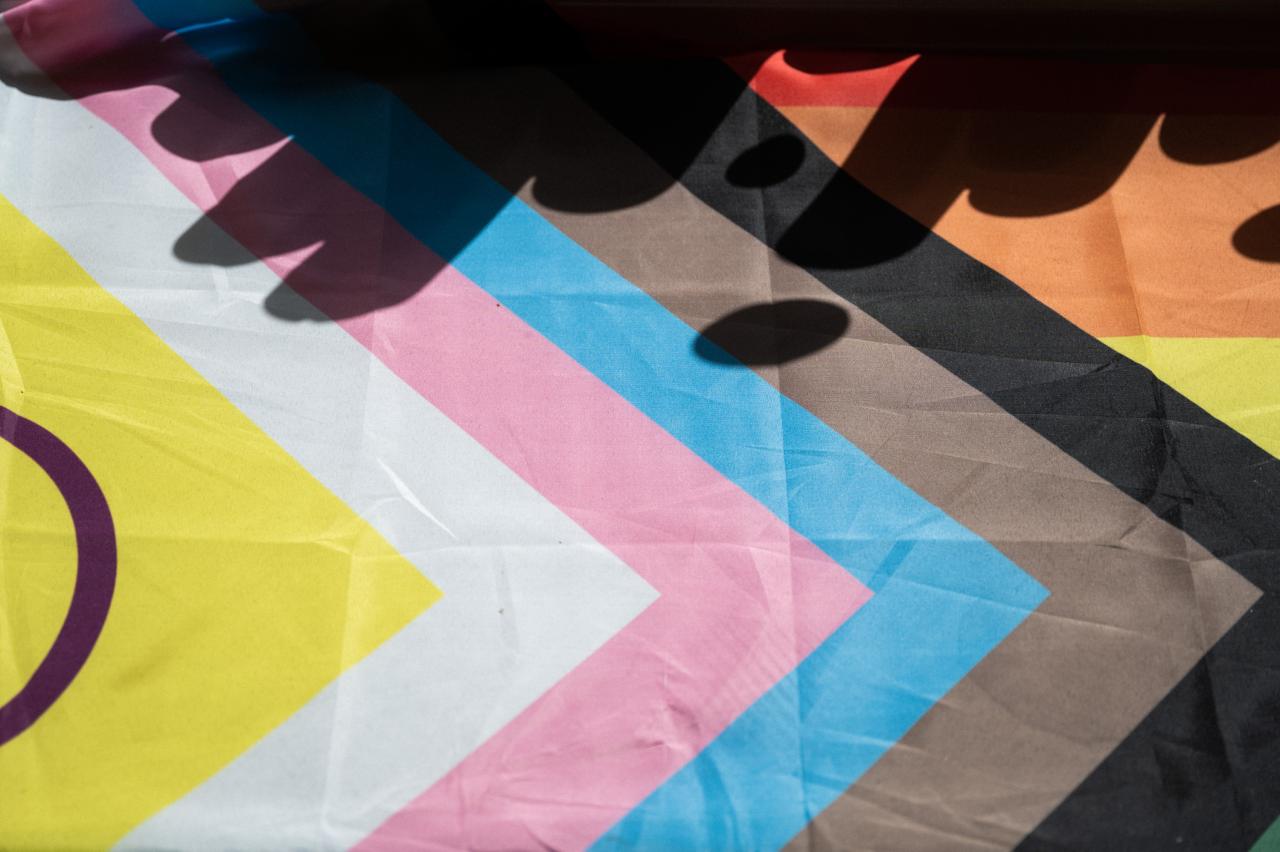Editorial - Queer issues in schools: Invisibility kills
By Melody Hansen Switch to German for original article
Listen to this article
A worrying number of people have mobilised in a very short space of time to sign a petition against the teaching of queer issues in Luxembourg's schools. This is homophobic, even if signatories may not realise it.
This article is provided to you free of charge. If you want to support our team and promote quality journalism, subscribe now.
It only took three days for petition number 3198 to be signed by 4,500 people – enough for it to be debated in the Chamber of Deputies. Very few petitions ever manage that, let alone in such a short space of time. In the meantime (as of 24 July 2024, 3 p.m.), over 6,000 people have publicly and with their full names spoken out "against the inclusion of LGBT issues in the curriculum for minors".
The author's argument is based on carefully considered rhetoric, without which the petition would probably not have been accepted. According to the petition, every family should have the right to deal with such topics according to their own convictions and principles. The petition calls for either LGBT issues to be excluded from the curriculum for minors or for families to be given the choice of whether or not their children should participate. The argument for this repeats the narrative favoured by right-wing populists, that of the concerned citizen: The author "fears" that introducing these topics at too early an age could disrupt children's psycho-educational development. The emphasis is on could, because facts or evidence are lacking. No wonder, because they don't exist.
Two things first: 1. no, the thematisation of queer topics in schools or a person's gender identity in itself has nothing to do with sex or pornography. 2. Queerness can no more be taught to a person than it can be taken away from them. The following Journal articles provide detailed information and facts on these points:
The fact that so many people have signed this demand in such a short space of time is shocking, but not surprising. And I am even sure that many, if not the majority of the 6,000 signatories would vehemently deny that they have anything against queer people. And this is precisely the crux of the matter: the lack of knowledge and ignorance that prevails among the Luxembourg population on these issues.
The act of signing this petition is in itself homophobic and anti-trans, whether you realise it or not. A sentence at the end of the text, in which the author wants to make it clear that the petition is not intended to promote discrimination and hatred against LGBT people, does not change this either.
More important than all these bogus arguments that distort the debate is an actual demonstrable fact: the invisibilisation of queer people promotes discrimination and hatred. A practical example will help us to visualise this better. Let's imagine that talking about LGBT issues is forbidden in schools. A young person who realises at the onset of puberty that they feel different from most of their classmates is left alone. There is just as little room for queer issues in their family, to whom these topics should be left according to the petitioner. They are not told that same-sex love, transsexuality or other queer topics are part of our society and are normal. Instead, it is suggested to them that they are not allowed to talk about it and that there is no room for their feelings. They will never find out from each other that there are several young people at the same school who feel the same way, because there is no room for these topics. They are taboo.
"It is our responsibility to make public facilities safe places for everyone. This is only possible through education, never by keeping quiet."
International research shows that queer young people worldwide are four to six times more likely to attempt suicide than others. Trans people are the most at risk. Further studies have already shown in the past that it is not sexual orientation or gender identity that contributes directly to an increased rate of depression or suicide attempts, but rather rejection by a hostile environment.
A recent study by the European Agency for Fundamental Rights entitled LGBTIQ at a crossroads: progress and challenges, published in May 2024, shows how pervasive this rejection is in Luxembourg: "In Luxembourg, 68% of all respondents say they have been bullied, mocked, teased, insulted or threatened at school because they are LGBTIQ. For the EU-27, the figure is 67%, a significant increase compared to 2019 (43%)." The study also states that 44 per cent of young people hide their queerness at school. 66 per cent stated that queer topics were never addressed in their school education. Across the EU, 62 per cent stated this.
It is our responsibility as a society to educate young people about the world we live in. This world is diverse and there should be space for everyone – especially in schools, where bullying is an everyday issue. It is our responsibility to make public institutions safe places for everyone. This is only possible through education, never by keeping quiet. It is our responsibility to prevent young people from seeing no other way out than suicide because of their identity.















